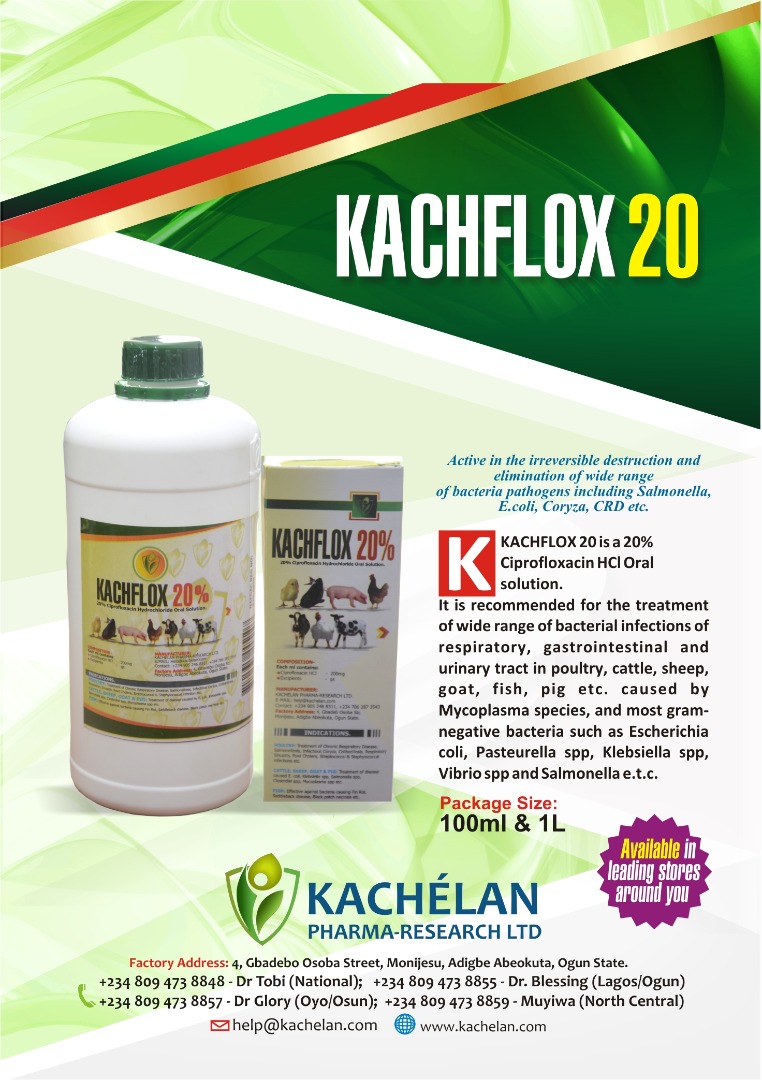6 SIMPLE WAYS YOU CAN PREVENT BASIC TURKEY DISEASES
This article will assist you in pinpointing and addressing the common diseases that prevent turkeys from achieving their full weight and potential.

 Learn More
Learn MoreBLACKHEAD DISEASE IS A COMMON TURKEY DISEASE
Blackhead disease (histomoniasis) is an important poultry disease that is more prevalent in turkey, the disease is caused by the protozoa histoonas meleagridis, a tiny, single-celled organism that is spread to the bird by the roundworm heterakis gallinarium.
The best way to prevent turkey diseases is to allow them enough fresh air and a free range environment, or provide a large pen with roosts, and to move the turkey house or roosts frequently to fresh ground so that manure doesn’t pile up in a particular location.
Prevention
The causative organisms of blackhead disease cannot survive more than a minute without the presence of a host.
Therefore any successful prevention and control of blackhead disease must include the elimination of the intermediate host. Because chickens carry many cecal worms, which could be infected, rearing chickens away from production turkeys and game birds is a good preventive measure.
Another good preventive measure is to allow enough space for your turkey to roam around they love enough space, and freedom to forage for green grass, insects and other tiny seeds.
Keeping them in crowded confinement is a recipe for the disease to thrive. Turkeys are to be reared separately from chickens.
READ ALSO Causes of Fowl Pox Disease and How it Spreads
COCCIDIOSIS ALSO AFFECTS TURKEY
Coccidiosis is a disease characterized by bloody diarrhoea and wasting away. It is a highly preventable disease.
To prevent this disease you have to be proactive, up and doing, from day one, you can provide medicated feed that contains anticoccidial.
The protozoa that cause coccidiosis do well under the damp, moisture-laden litter. A well-dry compost well ventilated environment discourages coccidiosis.
Overcrowded housing conditions should be discouraged, birds kept under free range and well-spacious housing conditions seldom have coccidiosis.
AIRSACCULITIS
Airsacculitis is not a disease itself, but rather a symptom of a disease caused by bacteria such as E. coli, Mycoplasma gallisepticum(MG), mycoplasma synoviae (mycoplasma meleagridis (MM).
One of the best ways to prevent this disease is to purchase your poult from a good hatchery, provide adequate ventilation, and prevent overcrowding and any stressful condition that could aggravate any underlying disease in your birds that could lead to a respiratory disorder.
FOWL POX IS A COMMON TURKEY DISEASE
The best form of preventing this disease is through vaccination, fowl pox is a slow-spreading viral disease that has no cure.
READ ALSO Current Best Goat Breeds For Your Farm
Certain antibiotics can help cushion the effect of secondary infection that may arise.
ATTENTION: Click “HERE” to receive More updates directly on your WhatsApp!
The disease generally comes in two forms the dry and the wet form. The dry form is usually mild and dries up in approximately 2 to 3 weeks’ time with a minimal mortality rate.
The wet form is the more dangerous type, it can block the nostrils, and eyes and can even prevent the turkey from eating this can be fatal.
Fowl pox vaccines should be given to turkeys from 6 weeks old, but can be given as earlier as 3 weeks depending on the environment and its prevalence.
CANNIBALISM IN TURKEY
Cannibalism in turkey could pose a serious problem in the future if early preventive measures are not taken. A basic preventive measure is the provision of a good rearing environment.
READ ALSO 10 ways to succeed gallantly as a catfish farmer
Enough space, ventilation, feed and water to go around. With the free-range system of rearing, turkey seldom has welfare issues.
PREDATORS
Turkeys are capable of flying, especially female ones, turkeys do fly over fences. You can prevent them from harm i.e from stray dogs, and wild animals e.g cayotes, wolf etc. by constructing electric fences, and using well-trained guard dogs.















